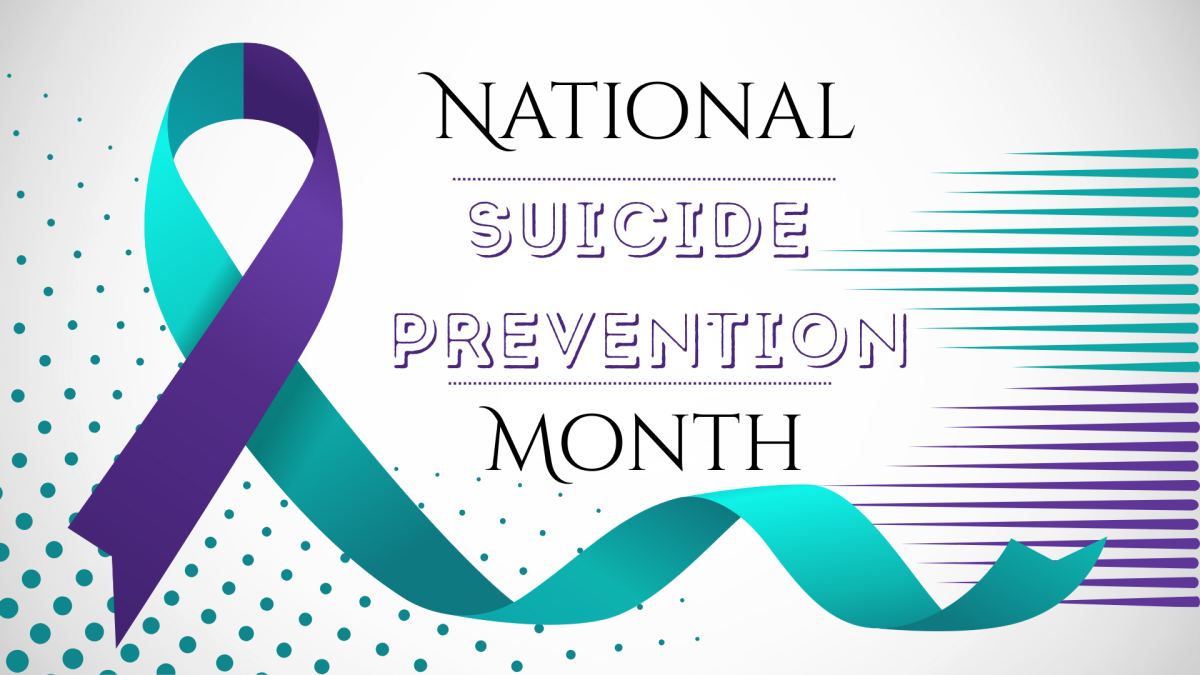September is a month that embarks on how communities come together for suicide prevention. The National Suicide Prevention Organization plays a large part in helping others during crises in their life as well as providing community help.
Every year, students struggle with mental health, and many feel as though they are alone. According to the National Institute of Mental Health, approximately “20 percent of adolescents aging from 13 through 18 experience a mental health disorder in a given year.” This can include conditions such as anxiety disorders, depression and eating disorders. Everyone has their own personal experiences with specific details in each chapter, but many feel the same desire to have a more positive experience regarding what they have gone through. Having someone to talk to and a safe space can be the next step forward.
Help is available nationwide by calling or texting 988 Suicide and Crisis Lifeline. Text “HOME” to 741741 to connect to a Crisis Health Counselor on the Crisis Text Line.
Suicidal Ideation has a very strong stigma around it, with many not wanting to seek help because of those negative stereotypes. This creates more suicide rates per year. Breaking away from that feeling makes Suicide Prevention Month appear as a glimpse of hope; one can help others around them, even if they had no idea they were struggling. Bringing attention to the topic and sharing experiences overwrites what the past never had. Realistic conversations on mental health can help some come out of their shadow. Seeking guidance and help is crucial.
For 2025, the International Association for Suicide Prevention and the World Health Organization are continuing the 2024–2026 theme of “Changing the Narrative on Suicide.” The campaign aims to make silence and stigma into open conversations, empathy and support. It also focuses on advocating for policy changes and improving access to quality care worldwide.
The National Council for Mental Wellbeing highlighted the critical role of Emphasis on Certified Community Behavioral Health Clinics in crisis response on World Suicide Prevention Day (Sept. 10). The organization stressed the need to expand this model, which offers reliable and accessible 24/7 mental health and substance use care.
Specific efforts are being made to address the needs of vulnerable populations. For instance, Samaritans have co-created a 2025 campaign with individuals who have lived experience with suicidal thoughts to provide real-life strategies for better support.
Having support in a mindset that people do not feel comfortable with is extremely important. Talking to someone is better than never speaking up. It is never too late to confide.
This year has had many improvements and movements this month. The more people who come together, the more prevention for not only this month, but for the whole year through to the future.



